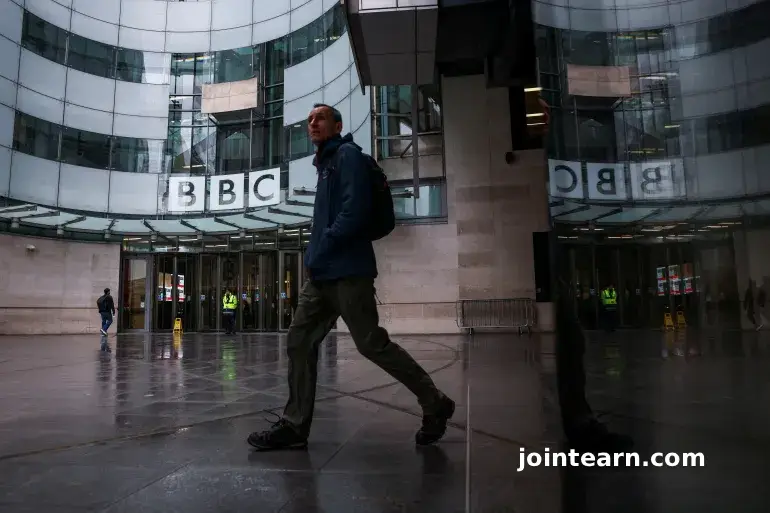
BBC Issues Apology to Donald Trump Over Panorama Documentary
London, UK – The BBC has formally apologized to former U.S. President Donald Trump for editing his January 6, 2021, speech in a Panorama documentary, following Trump’s threat to file a $1 billion defamation lawsuit.
In a statement Thursday, the broadcaster clarified that while it regrets how the speech was edited, it rejects the basis for a defamation claim. BBC Chair Samir Shah sent a personal letter to the White House, emphasizing that Trump and the corporation were “sorry” for the editing choices, and confirmed that the documentary, Trump: A Second Chance?, will not be rebroadcast on any BBC platform.
“While the BBC sincerely regrets the manner in which the video clip was edited, we strongly disagree there is a basis for a defamation claim,” the statement said.
Controversy Surrounding the Edited Documentary
The documentary, produced by a third-party company, spliced together quotes from two different sections of Trump’s speech delivered almost an hour apart, creating the impression that Trump encouraged supporters to “march with me and fight like hell.” Critics argued that the edit misrepresented Trump’s call for peaceful demonstrations, which was part of the original speech.
The programme aired just days before the 2024 U.S. presidential election, which Trump ultimately won. Trump’s legal team demanded that the BBC withdraw the Panorama programme, issue a formal apology, and provide compensation, or face a lawsuit seeking at least $1 billion in damages.
Leadership Shake-Up at the BBC
The controversy over the documentary intensified following reports in The Telegraph of “systemic bias” at the BBC, prompting the resignations of Director-General Tim Davie and News Chief Deborah Turness.
- Turness stated: “As the CEO of BBC News and Current Affairs, the buck stops with me.”
- Davie emphasized that the BBC “continues to be admired as a gold standard” despite admitting mistakes in editorial oversight.
The resignations reflect the high stakes of the dispute, as critics argue that any settlement could use viewer-paid licence fees to compensate Trump, fueling further criticism of the publicly funded broadcaster.
Legal Hurdles for Trump’s Case
Legal experts have noted that pursuing a defamation case against the BBC in the UK or U.S. courts would be challenging:
- Defamation deadlines in English courts have passed, where damages rarely exceed £100,000 ($132,000).
- The documentary was not broadcast in the U.S., making it difficult to prove that American citizens’ opinions of Trump were affected.
- Trump’s election victory in 2024 could undermine claims of reputational harm.
Despite these challenges, Trump has a history of settling with media companies over perceived editorial bias:
- ABC agreed to pay $15 million to settle a defamation suit.
- CBS owner Paramount paid $16 million over a similar editing dispute.
Experts say Trump could attempt to leverage the BBC case for a settlement, possibly directing any compensation to a charity of his choosing.
Conclusion
The BBC apology highlights the delicate balance between editorial independence and accountability for global media organizations. While the broadcaster seeks to acknowledge mistakes without admitting legal liability, Trump’s previous successful media settlements suggest that the threat of litigation may continue to shape interactions between public figures and news organizations.


Leave a Reply